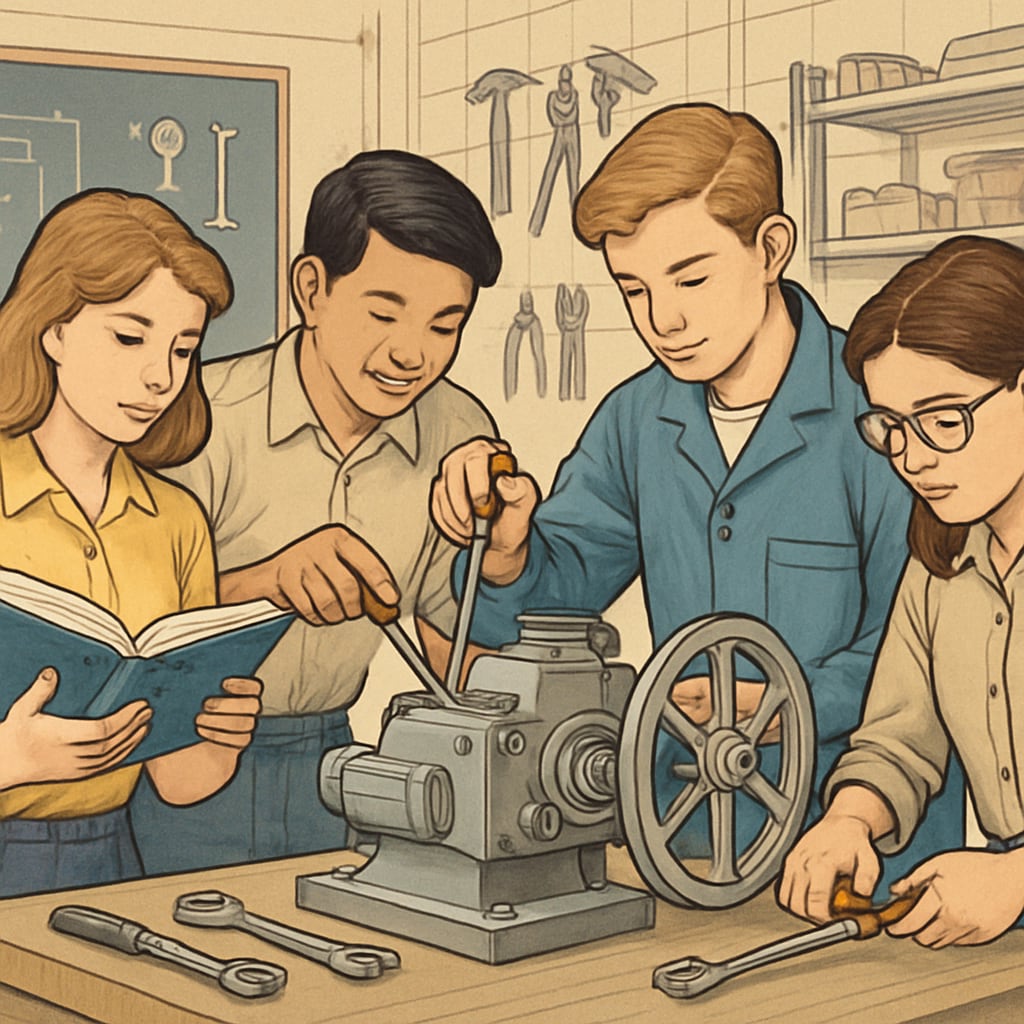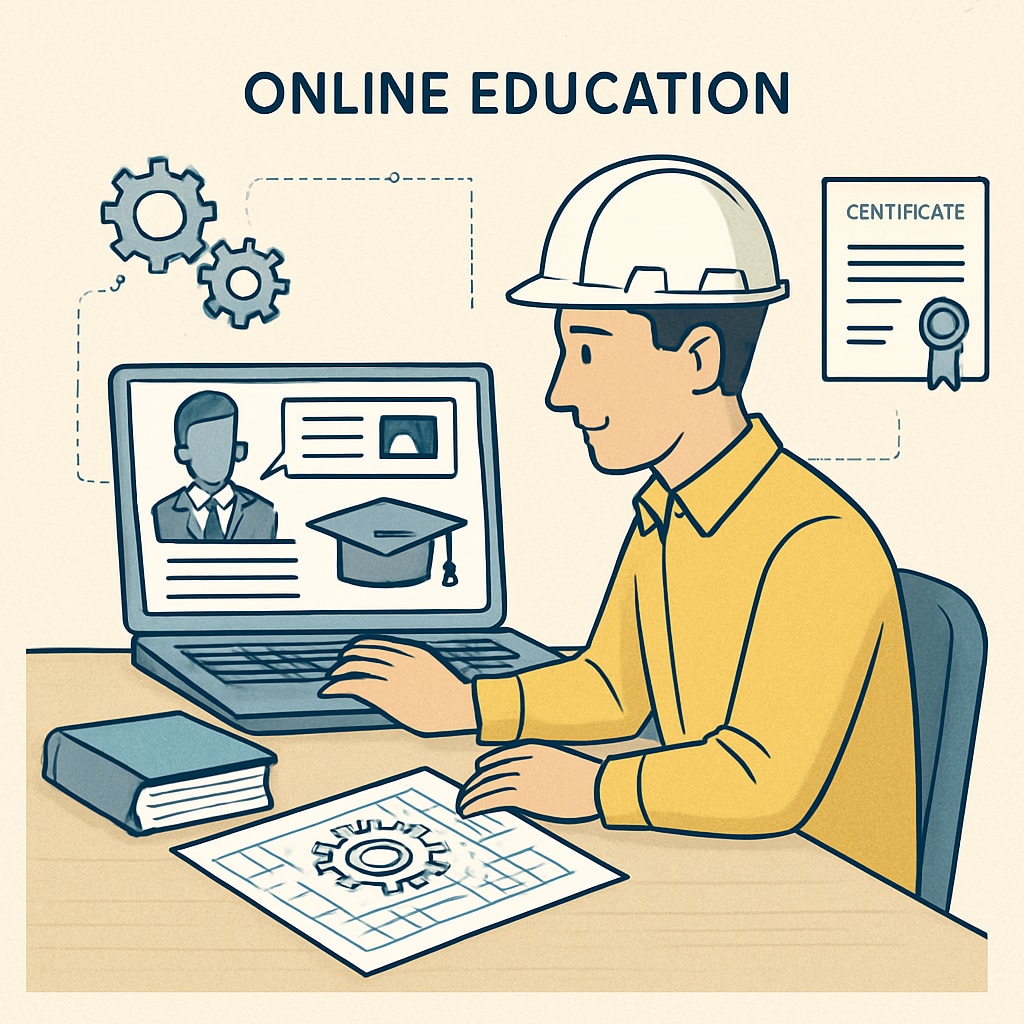In the modern job market, obtaining an advanced qualification, such as an online degree, is increasingly viewed as a method to stand out, especially in highly specialized fields like mechanical engineering. With professional certifications often playing a significant role in career advancement, many students and their families are questioning whether planning for dual or interdisciplinary degrees should begin as early as the K12 education stage. This article evaluates the pros and cons of early academic specialization and suggests balanced approaches for young learners.
Should K12 Students Plan for Interdisciplinary Studies?
In higher education, pursuing multiple degrees has become a popular strategy for broadening skill sets and enhancing employability. For example, a mechanical engineering student might pair their technical studies with a business administration degree to prepare for leadership roles. However, is it appropriate to impose such interdisciplinary planning during the formative K12 years?
Advocates of early specialization argue that beginning planning at a younger age helps students identify their strengths and interests, potentially leading to a more focused and efficient academic career. However, critics believe that early specialization can limit a student’s ability to explore diverse fields and may result in burnout or missed opportunities for personal growth.

Online Degrees and Certifications: Their Role in Career Competitiveness
Online degrees have revolutionized higher education, offering flexibility and accessibility to students worldwide. For mechanical engineering students, these programs often provide opportunities to earn valuable certifications alongside their degrees. Certifications such as LEED (Leadership in Energy and Environmental Design) or Six Sigma can significantly boost a graduate’s marketability.
For example, according to a report by the Bureau of Labor Statistics, engineers with additional qualifications not only command higher salaries but are also more likely to advance into managerial roles. Therefore, the combination of an online degree and specialized certification can be an effective pathway to career success.
However, early planning for such qualifications at the K12 level requires careful consideration. While exposing students to the possibilities of online learning and certifications can be beneficial, it is essential to avoid overwhelming them with rigid career paths too soon.

Balancing Holistic Development with Career Preparation
Instead of focusing solely on early specialization, a balanced approach that combines holistic development with career preparation may be more effective for K12 students. Here are some strategies to achieve this balance:
- Encourage Exploration: Allow students to participate in diverse activities, such as arts, sports, and STEM (Science, Technology, Engineering, and Mathematics) programs, to discover their interests and strengths.
- Introduce Soft Skills: Focus on developing communication, teamwork, and problem-solving skills, which are essential for any career path.
- Provide Career Exposure: Offer opportunities for students to learn about various professions through job shadowing, internships, or career fairs without pressuring them to make definitive decisions.
- Leverage Technology: Introduce students to online educational platforms that offer beginner-level courses in various fields, helping them explore subjects like mechanical engineering or business at their own pace.
By integrating these strategies, educators and parents can help students prepare for future challenges while maintaining their enthusiasm for learning.
For further reading on the importance of broad education and career planning, visit Education on Britannica or explore the role of certifications in careers at Professional Certification on Wikipedia.
Conclusion: A Balanced Perspective on Early Academic Planning
The debate over whether K12 students should plan for interdisciplinary growth, including pursuing dual degrees, is not a simple one. While early exposure to fields like mechanical engineering can spark interest and build foundational skills, it is equally important to foster a well-rounded education. Online degrees and certifications will undoubtedly play a significant role in future career paths, but the focus at the K12 stage should remain on exploration and personal growth rather than rigid academic planning.
As the world of education continues to evolve, finding the right balance between preparation and flexibility will be key to helping the next generation of students succeed in an increasingly complex job market.


